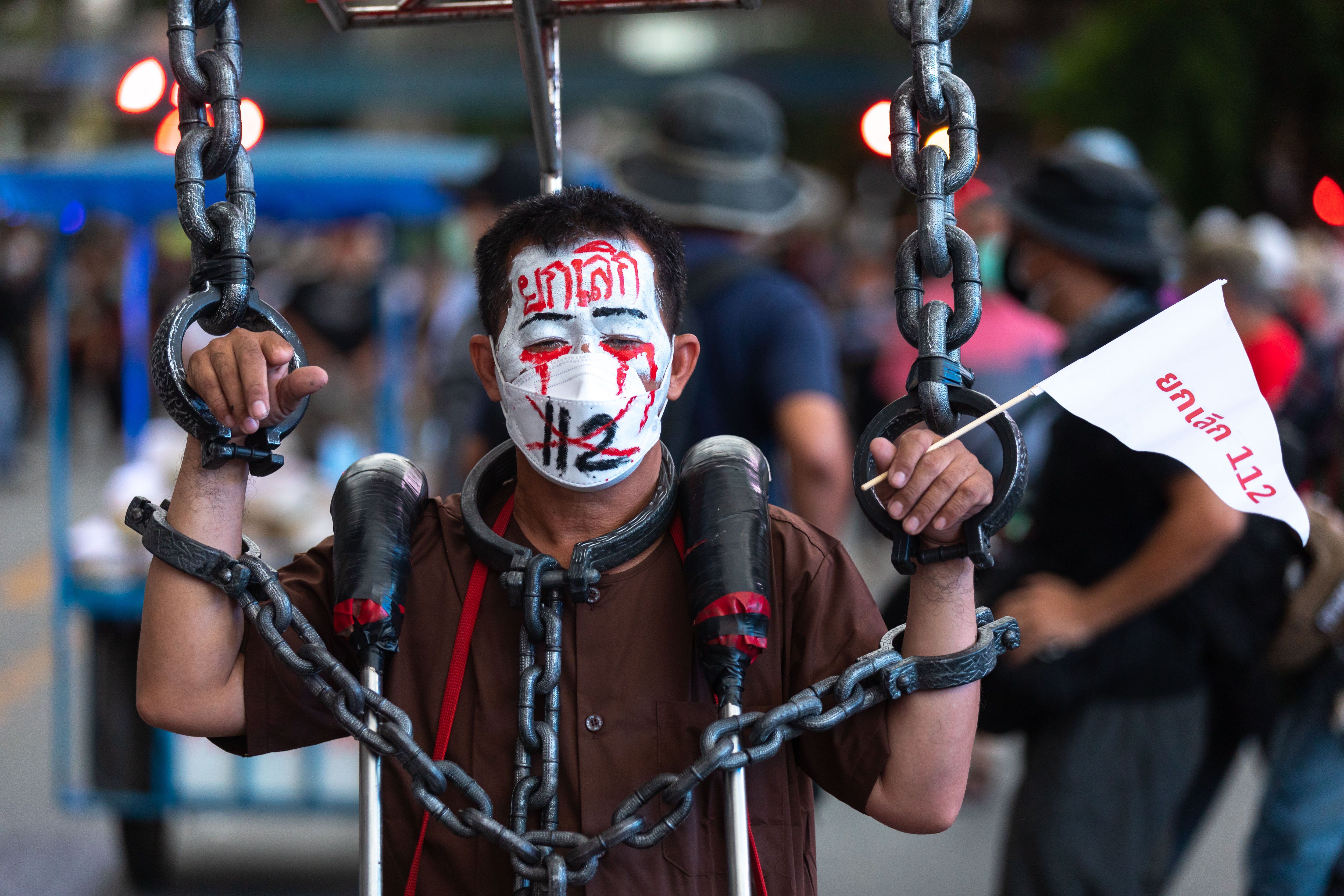On Monday, an alliance of Thai opposition forces led by the progressive Move Forward Party signed a pact outlining their goals as a future coalition government. These include rewriting the constitution to clip the military's political power, breaking up business monopolies, and legalizing same-sex marriage.
But there was one glaring omission: reforming Thailand’s draconian lèse-majesté laws, which can put you behind bars for up to 15 years if you diss the monarchy.
Ditching its signature campaign promise is a bold move by the MFP to woo Bhumjaithai, a pro-weed, royalist party that holds the key to forming a government without army support. But it’ll also feel like a slap in the face to young voters, who overwhelmingly backed the MFP precisely because it wants to water down the royal defamation laws, known colloquially as “112.” After all, it was Gen Z protesters who in 2020-2021 took to the streets and risked their lives to get the king out of Thai politics.
Meanwhile, the generals are probably thinking: Isn't there anything we can offer the stoners to keep them on our side?